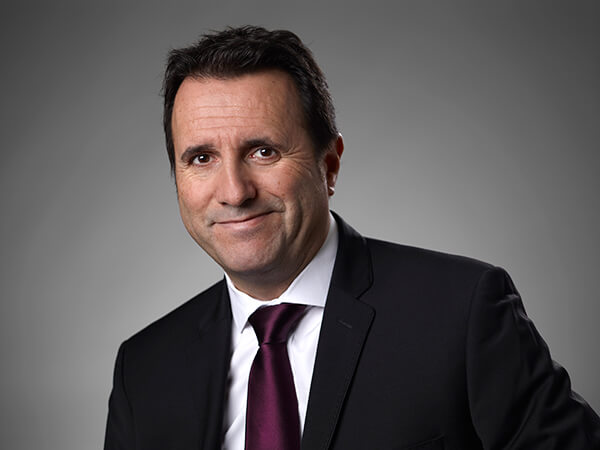The last couple of months, we’ve been talking about different ways to improve healthcare outside of developing new product technology that focuses on solving clinical problems. That will always remain our cornerstone, but we’re equally passionate about solving problems on the business side of healthcare.
Almost a year ago, the first wave of the FDA’s Unique Device Identification (UDI) regulation went into effect. The second deadline is coming up in October. Although using a UDI isn’t required for our line of urology products just yet, we’re prepped and ready to transact with our customers with one of the approved data standards, the GS1 Global Trade Item Number (GTIN). All Cook products that are shipped in North America are labeled with a GTIN, and we’ve been working closely with our customers to help smooth the transition as they start using data standards in their IT systems.
 The goal is to eventually get all of the different parties in healthcare speaking the same language. Data standards, when used correctly, eliminate a lot of repetitive work and the human error that occurs naturally as products move from our warehouse to the patient’s bedside. Once all of the different systems can speak the same language, we can begin tracking products more efficiently and collecting data to share as an industry.
The goal is to eventually get all of the different parties in healthcare speaking the same language. Data standards, when used correctly, eliminate a lot of repetitive work and the human error that occurs naturally as products move from our warehouse to the patient’s bedside. Once all of the different systems can speak the same language, we can begin tracking products more efficiently and collecting data to share as an industry.
This movement has the potential to add enormous value to the healthcare system, but it’s important that suppliers and hospital systems work together to make sure that UDI becomes valuable and isn’t just an additional regulatory burden and cost.
Our vice president of operations and Healthcare Business Solutions, Dave Reed, says it well:
“For us, using standards is principally about making patients safer—making sure the right product is delivered at the right time to the patient’s bedside.”
For more information about Cook’s journey to adopt data standards, visit our Healthcare Business Solutions website.
Jean-Marc Creissel
Vice President of Cook Medical’s Urology division